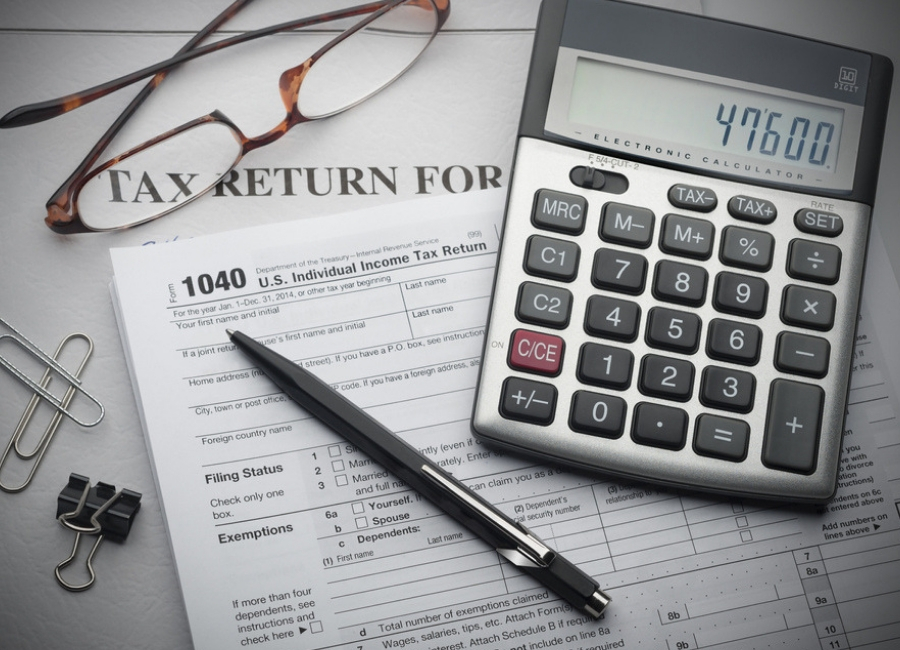The CGS Tax series is coming to an end. We hope that you’ve read through the articles in the series to help prep for filing your taxes. The 4/15 deadline is quickly approaching, and we want you to be as knowledgeable as possible. Before we end, we’re providing an overview of the Schedule F and some common forms that are typically associated with the tax return. We are also sharing a few great articles to help you get a better understanding of taxes in general.
Schedule F
The Schedule F form is used to determine the profit and loss received from farming. The IRS broadly defines a “farmer” as anyone who grows crops, raises livestock, breeds fish, or operates a ranch. Income on the Schedule F is not limited to profits.
Income from other areas must be reported. Examples of other income sources include federal disaster payments, crop insurance payouts, money earned through a farming cooperative, or payments received from an agricultural program. Since the Schedule F is very uncommon, we are not going to go into more detail. TurboTax provides some great information on the Schedule F form if you are interested.
Form W-2
Most wage-earners are already familiar with the W-2 form. A W-2 Form is a statement of earnings and taxes paid during the calendar year. The form breaks down income, deductions, and taxes in specific boxes that correlate with the tax return. The form W-2 is essential when filing your tax return.
1098-T: Tuition Statement
If you received a 1098-T form from your college or educational institution, it means that you have paid for qualified educational expenses during the tax year. Qualified expenses include tuition and enrollment fees, as well as any materials required by the course for purchase. Other expenses like books can be deducted, but that amount is not found on the 1098-T statement.
Form 8283: Donations
If the combined value of the items you donated to charity during the tax year is greater than $500, then an 8283 form must be prepared. You are allowed to claim a tax deduction for the value of the property donated to a qualified charity or non-profit organization. Property can be valued in many different ways, but if any value exceeds $5000 then an appraisal is required.
Form 2106: Unreimbursed Employee Expenses
Did you have to pay for any travel, meals, entertainment, or transportation for work but did not get reimbursed? The 2106 form is used to itemize work-related expenses that were not reimbursed from your employer. To qualify for deduction from this form, your employer must match the employer who distributed your W-2. If you worked as a contractor, you may be able to deduct these expenses, but not on the 2106 Form.
Other Resources
Here are some great resources within the City Girl Savings community (and one from TurboTax) that can help you get all of the information you need about taxes.
Finance 101: Tax Credits & Deductions
Which Tax Preparer is Right For You?
We hope you found the CGS Tax Series informative! Please let us know if you have any feedback or suggestions for another CGS Financial series! Leave a comment below to let us know.






1 thought on “CGS Tax Series: Schedule F + Other Forms”
I really enjoyed the CGS Tax Series! I’m looking forward to the next finance series! 🙂